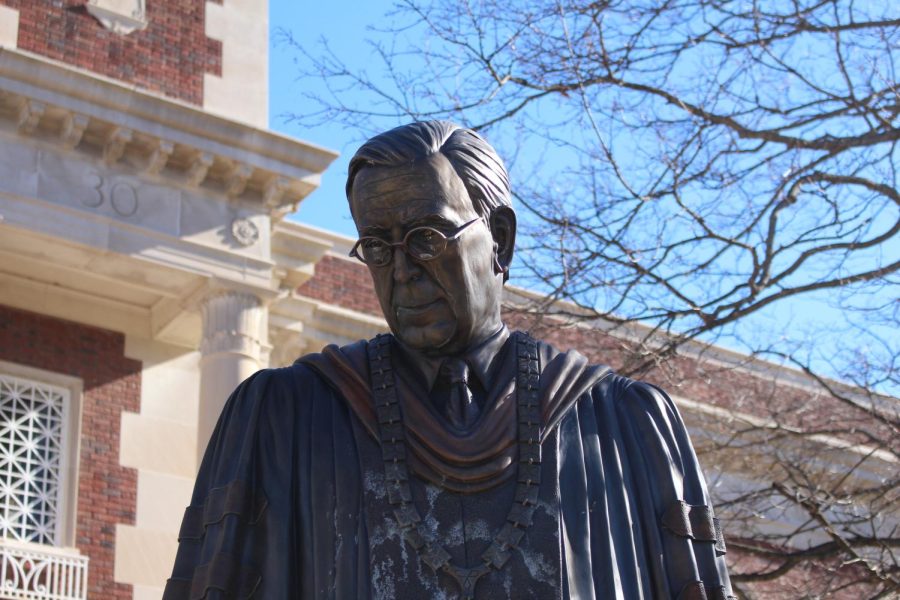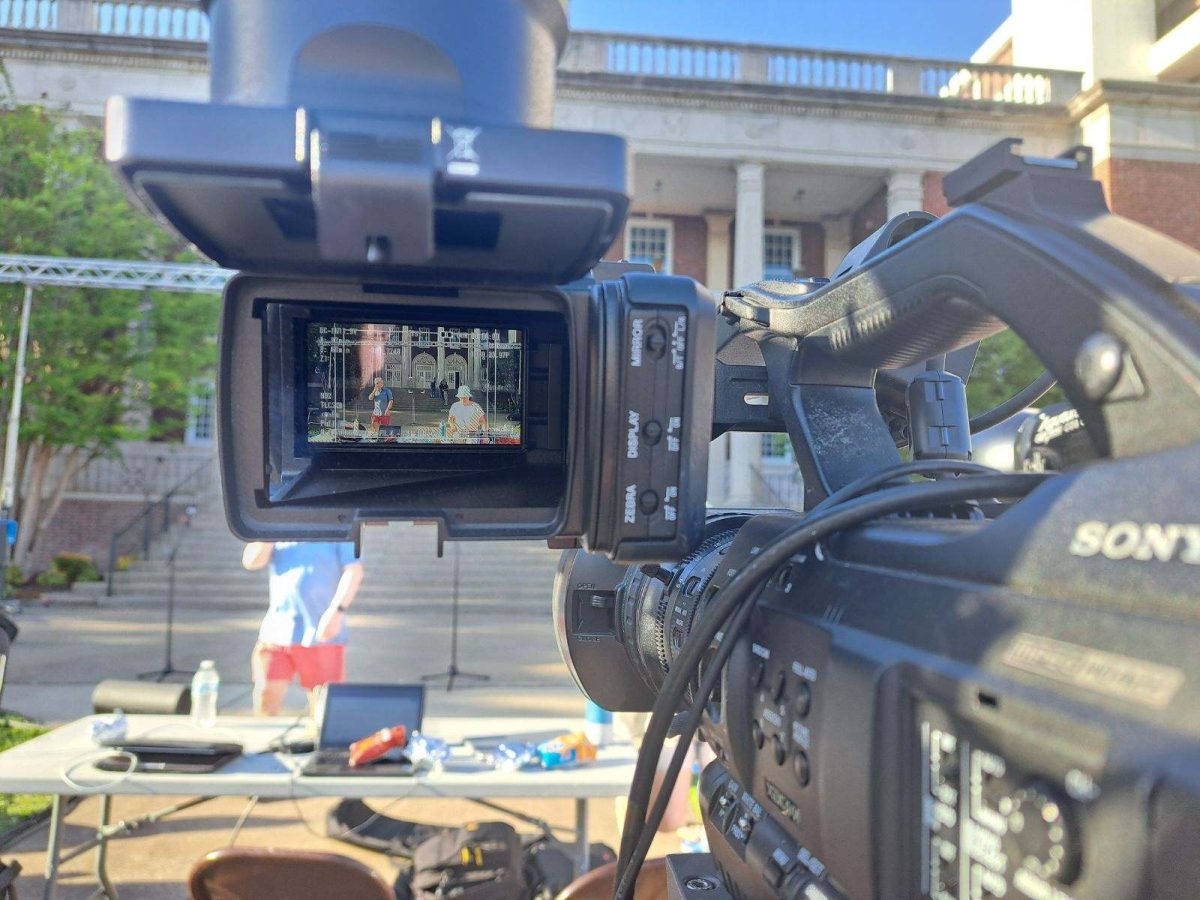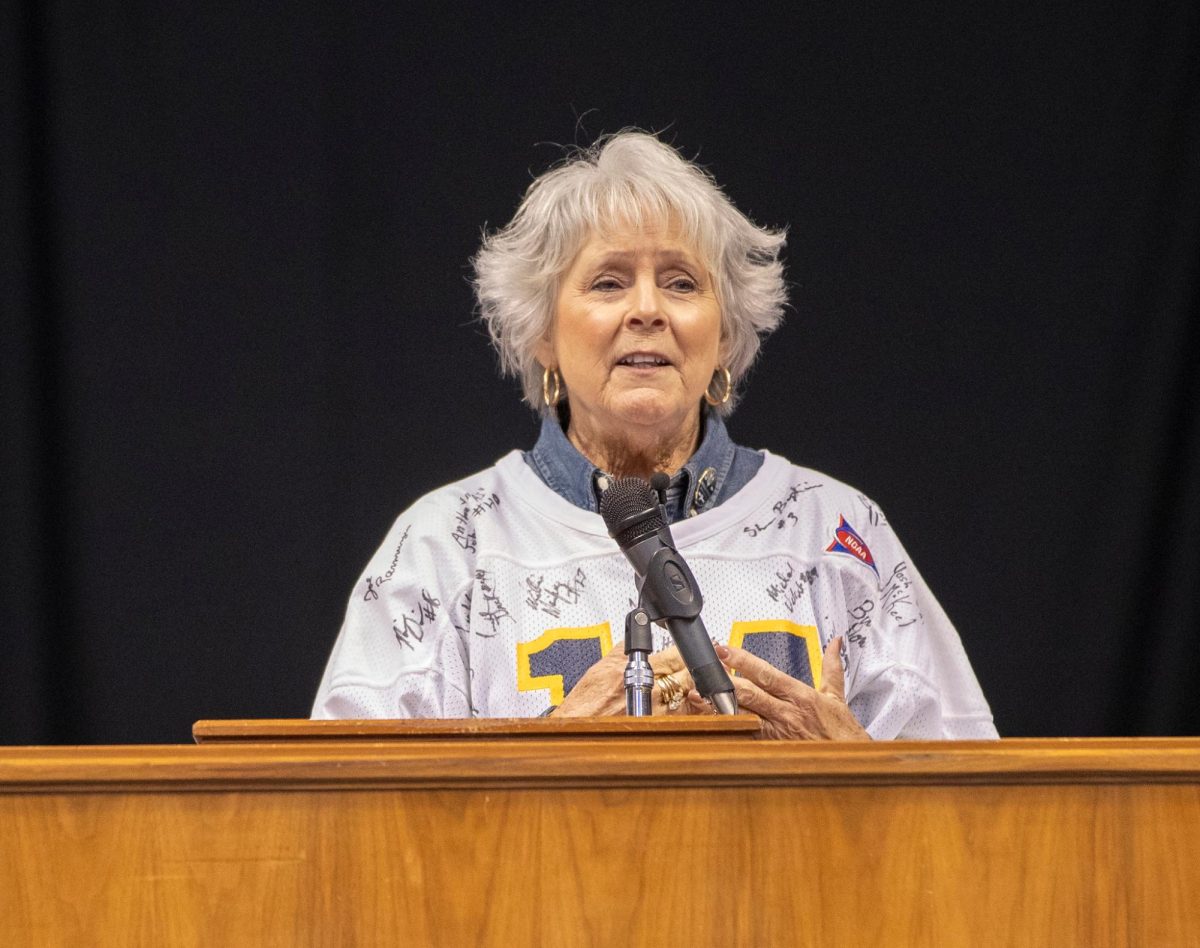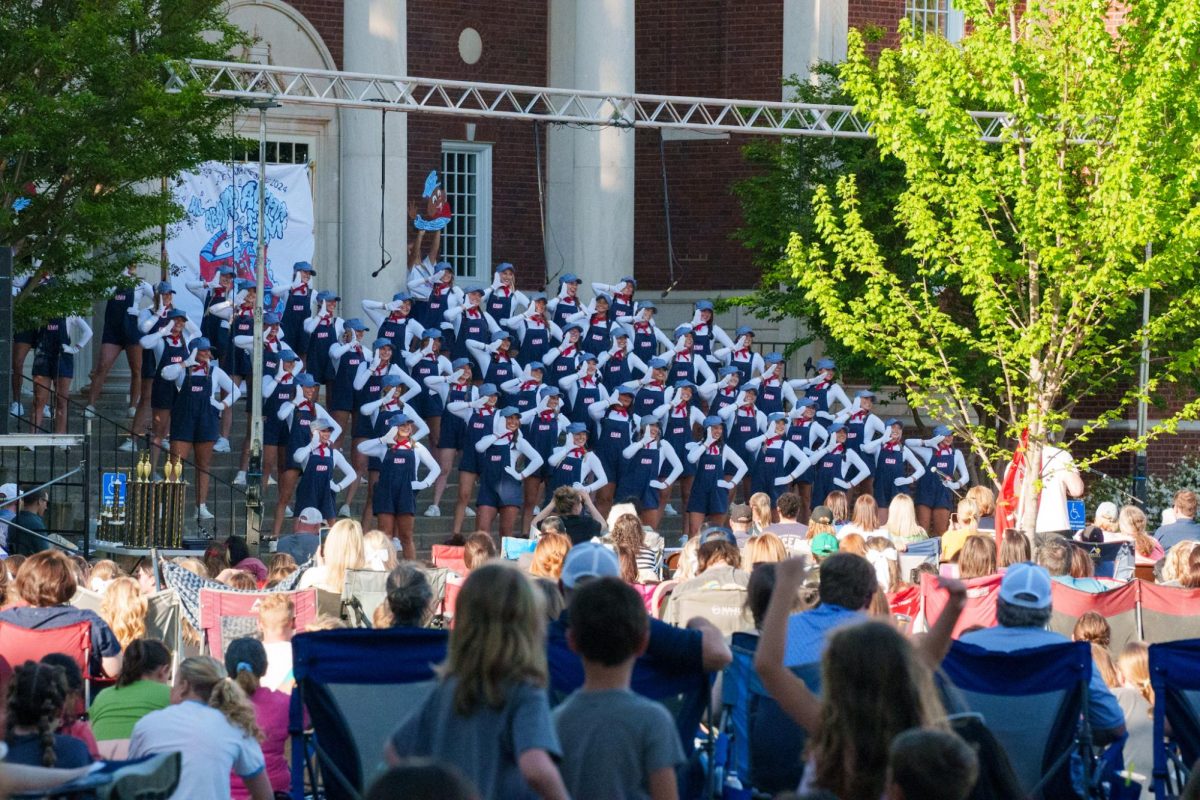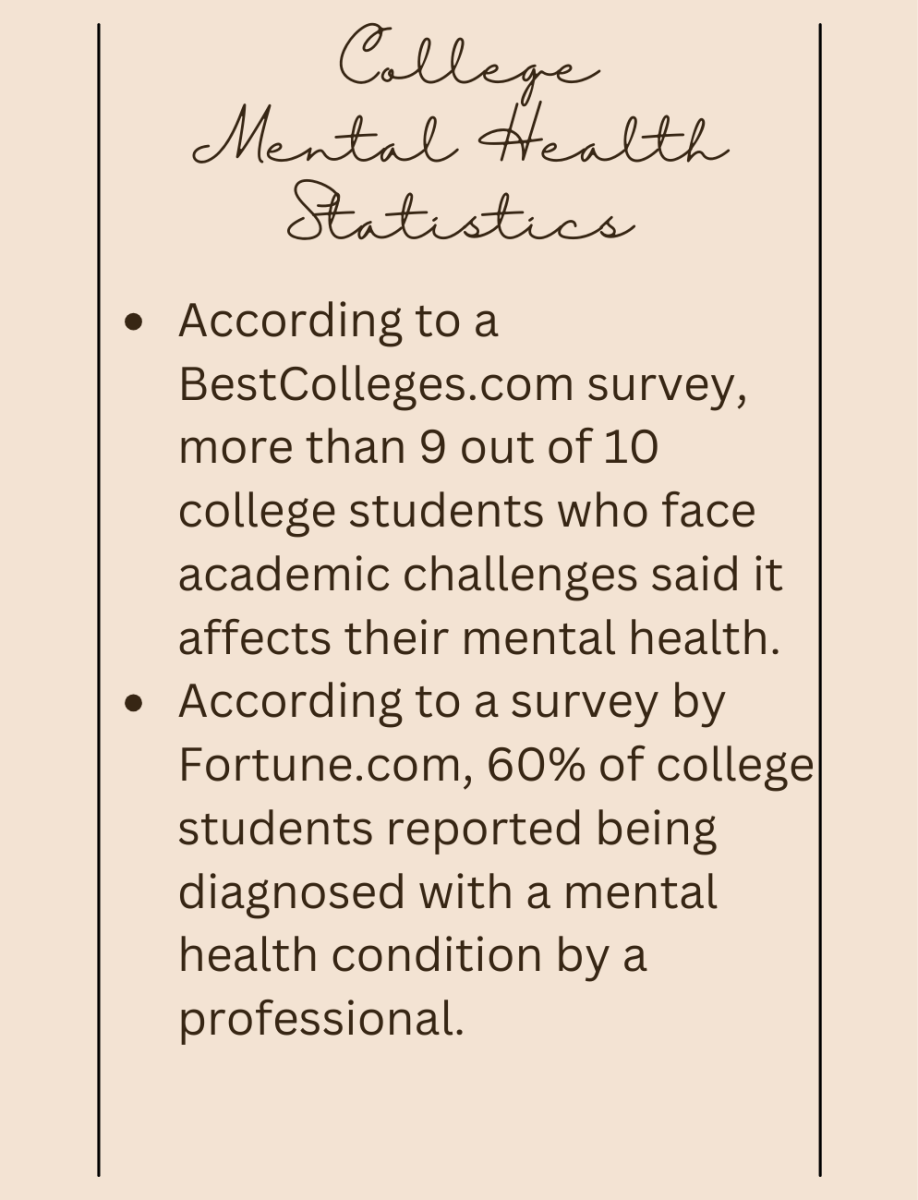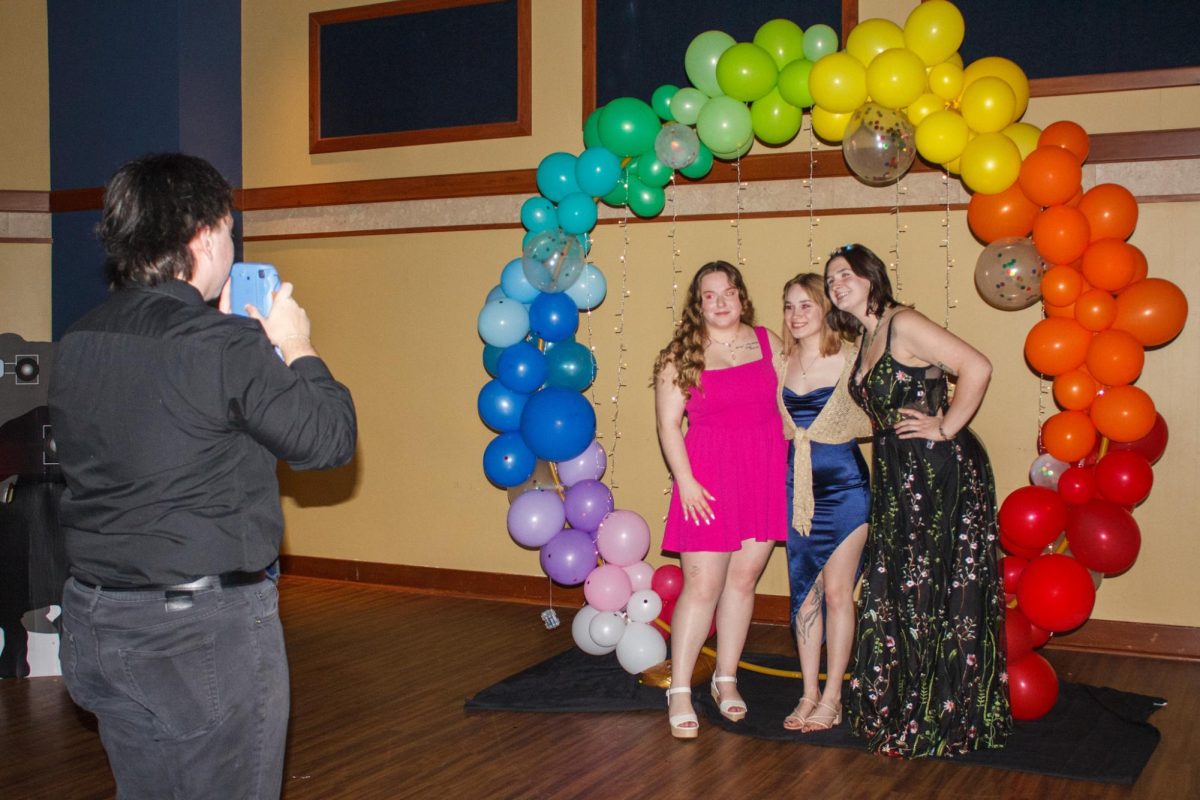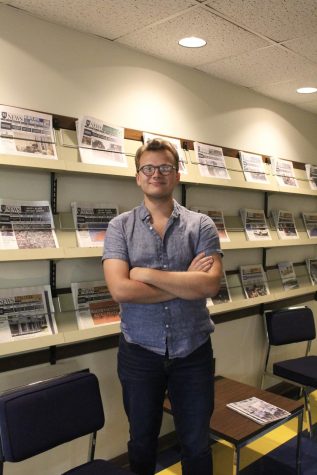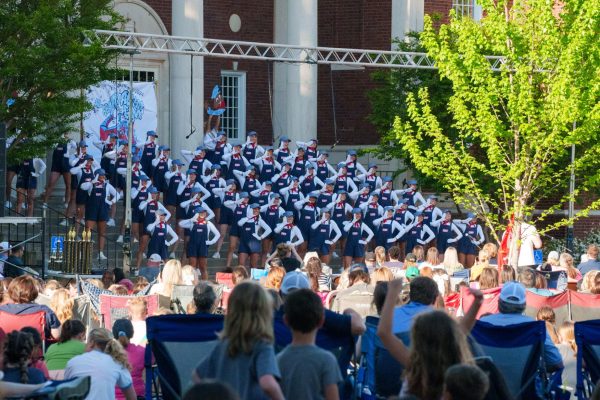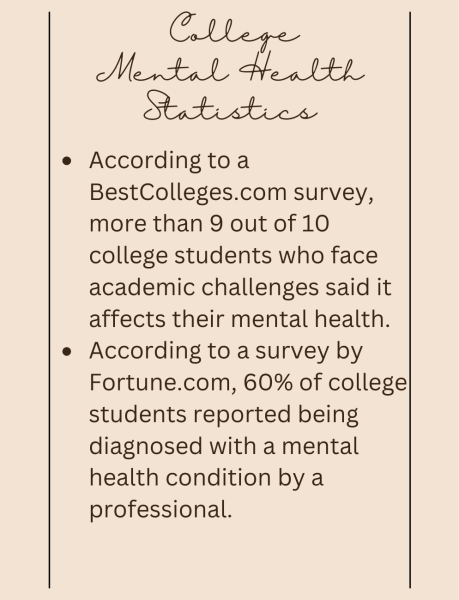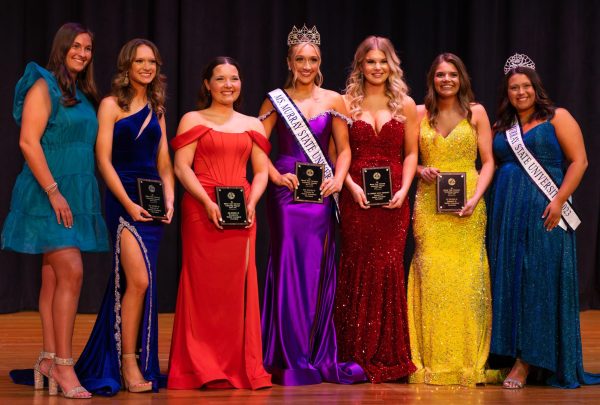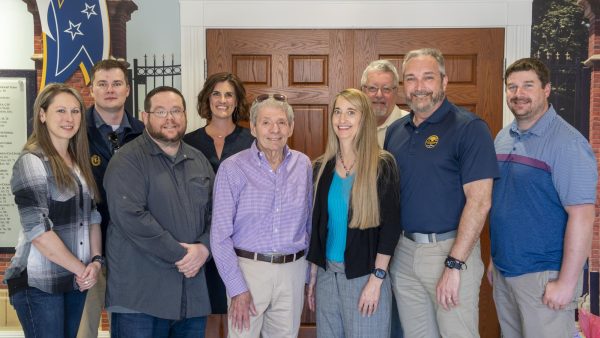Professor’s early life prompts writing, research
Art from Ray Horton’s essay ‘The Praise Band to English Professor Pipeline’ featured in Post45’s collection W(h)ither the Christian Right?”
September 28, 2022
In an exploration of literary analysis and his own personal experiences within a fringe movement of Christianity, Assistant Professor of English Ray Horton published his essay “The Praise Band to English Professor Pipeline’’ as part of an essay series on the “Christian right.”
The essay collection explores a political and religious movement known as the “Christian right.”
“The ‘Christian right,’ at least as I understand the term, refers to a historically specific configuration of religion and politics, and the politics espoused by this movement leverage a very particular reading of the Bible to justify and mobilize a Christian nationalist agenda,” Horton said.
The essay collection titled “W(h)ither the Christian Right?’’ was published by an organization named Post45. The organization was founded in 2006 and is a collective of scholars studying American literature and culture since 1945, according to the Post45 website.
For Horton, his interest in the “Christian right” is personal and began at an early age.
“I was raised in a ‘Word of Faith’ community, attending three or more services a week at a suburban, predominantly white aspiring megachurch where we spoke in tongues, used faith to heal the sick …” Horton said in his essay.
Horton’s relationship with religion and his experiences growing up in an extreme religious community also led him to explore religion as a research area, he says.
“I think I latched on to this research area partly as a means of processing my own religious trauma and partly because I found that I kept coming back to some of the same types of research questions connecting literature and religion, and these questions kept proving to be extremely fruitful,” Horton said.
Horton’s essay analyzes the writing of several different writers including James Baldwin, Octavia Butler and revivalist preacher Kenneth Hagin.
Hagin is a particularly important topic in Horton’s essay because of his pioneering of the “Word of Faith” movement in which Horton was raised.
“My family’s church in Pennsylvania was led by a pastor who had attended Rhema Bible Training Center in Broken Arrow, Oklahoma, the ministry school founded by Hagin himself,” Horton wrote in his essay.
Horton’s essay compares Hagin’s work and messages to Octavia Butler’s “Parable” novel series in which a theocratic Christian government takes control of the ruling government.
“Particularly in the second novel, she shows how an especially authoritarian form of politicized Christianity rises to power by presenting itself to the public as the solution to these complicated, life-changing crises,” Horton said.
Some of the ideas presented in literature on the “Christian right” have manifested themselves in the real world, Horton says.
“I know people have been making ‘The Handmaid’s Tale’ comparisons ever since the beginning of the 2016 presidential primaries,” Horton said in reference to the popular Margaret Atwood novel. “But when I saw the image of a giant cross set up next to a gallows outside the U.S. Capitol during the Jan. 6 insurrection, my first thought was, ‘Oh, great. Now we’re just living in an Octavia Butler novel.’ It’s quite alarming.”
Horton shifts the latter part of his essay to discuss how his skills as a literature student and professor have interacted with his religious past.
“Studying literature saved me from the Christian Right, but it did so not in the heroic way one imagines, say, a firefighter dragging someone from a burning building,” Horton wrote in his essay. “A better analogy might be the way water and sunlight enable plants to emerge from the soil where seeds have fallen.”
The experience of analyzing literature also helped Horton escape what he refers to in his essay as the “echo chamber of the Christian Right.” These echo chambers form when voices and opinions from outside of the church are discredited.
During his time growing up in the religious community, Horton says he also experienced this echo chamber first hand.
“I can say, without exaggeration, that we were constantly told in church services and other church-related activities that we needed to be on guard 24/7 for any ‘worldly’ influence — and ‘worldly’ influence could include the expertise of our teachers in public schools…and it could even include friendships with other Christians who belonged to other denominations,” Horton said.
Horton also warned this echo chamber can be
perpetuated by the practices of some media organizations.
“…And I do think that much of the right wing media environment in the United States today — talk radio, Fox News, Newsmax, etc. — follows a similar pattern: ‘Listen to us, not them, because they are lying to you,’” Horton said.
One key takeaway from the essay, Horton said, is readers should understand the value of studying literature and closely analyzing texts.
“Studying literature carefully helped me learn to trust my own questions about texts and experiences,” Horton said. “It helped me formulate better, more effective questions, and it encouraged me to better trust my own judgments in response to my reading, even as it taught me to be skeptical of my own tendency to ‘read into’ a text [for] things that may not actually be there.”
Anyone interested in reading Horton’s essay can find his essay along with the 11 other essays about the “Christian right” featured in the essay collection at post45.org/sections/contemporaries-essays/whither-the-christian-right.



